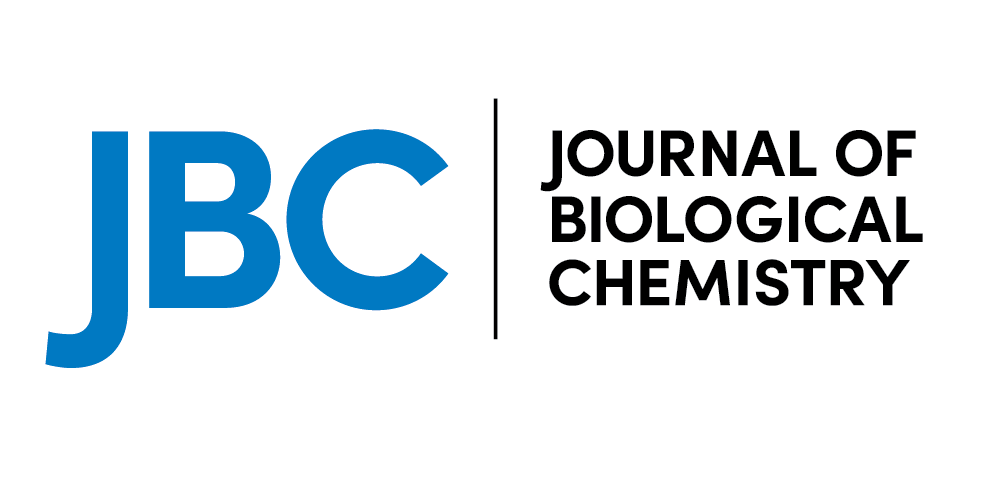
Chikungunya fever (CHIKF) is a re-emerging zoonotic disease caused by Chikungunya virus (CHIKV), a member of the alphavirus genus in the Togaviridae family. Only a few studies have reported on the host factors required for intracellular CHIKV trafficking. Here, we conducted an imaging-based small interfering RNA (siRNA) screen to identify human host factors for intracellular trafficking that are involved CHIKV infection, examined their interactions with CHIKV proteins, and investigated the contributions of these proteins to CHIKV infection. The results of the siRNA screen revealed that host endosomal sorting complexes required for transport (ESCRT) proteins are recruited during CHIKV infection. Co-immunoprecipitation analyses revealed that both structural and non-structural CHIKV proteins interact with hepatocyte growth factor-regulated tyrosine kinase substrate (HGS), a component of the ESCRT-0 complex. We also observed that HGS co-localizes with the E2 protein of CHIKV and with dsRNA, a marker of the replicated CHIKV genome. Results from gene knockdown analyses indicated that, along with other ESCRT factors, HGS facilitates both genome replication and post-translational steps during CHIKV infection. Moreover, we show that ESCRT factors are also required for infections with other alphaviruses. We conclude that during CHIKV infection, several ESCRT factors are recruited via HGS and are involved in viral genome replication and post-translational processing of viral proteins.

Δεν υπάρχουν σχόλια:
Δημοσίευση σχολίου